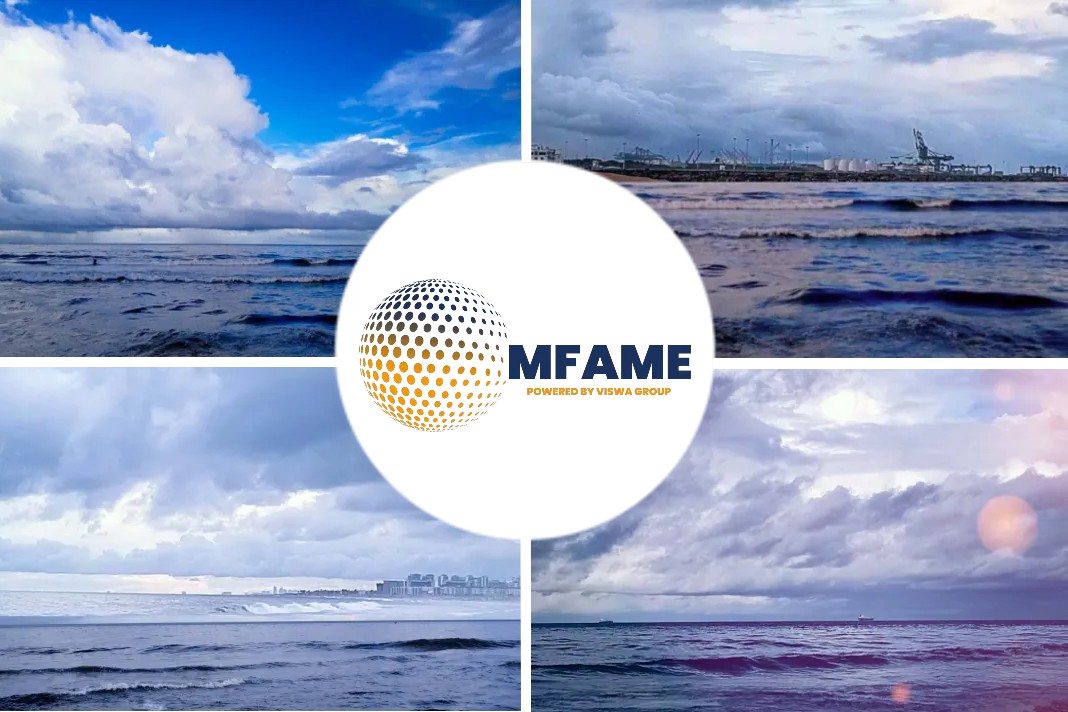- Japan accelerates efforts to commercialise zero-emission vessels and reduce shipping emissions.
- The Japanese trade and industry ministry (Meti) is considering allocating up to ¥35bn ($320mn) to subsidise the development of next-generation ships and low-carbon shipping technology.
The Japanese trade and industry ministry (Meti) is considering allocating up to ¥35bn ($320mn) to subsidise the development of next-generation ships and low-carbon shipping technology, as the country accelerates efforts to commercialise zero-emission vessels and reduce shipping emissions, reports Argus Media.
Working towards Next-generation Vessels
Meti today detailed the proposed allocation for the development of next-generation vessels, which would come out of the government’s ¥2 trillion green innovation fund launched to help achieve Japan’s 2050 decarbonisation goal. The ministry earlier outlined an agenda for the subsidised programme as part of a target to commercialise Japan’s first-generation zero-emission vessel by 2028 or earlier.
First Allocation Funds
The ministry is planning to allocate up to ¥12bn over the next eight years for the development of ammonia-powered vessels and bunkering infrastructure. The fund is proposed to finance the development of ammonia marine engines, fuel storage tanks and refuelling systems, as well as an ammonia bunkering vessel. The government is now targeting the commercial launch of an ammonia-fuelled vessel at the earliest possible timing before 2028, which needs to be accompanied by an ammonia bunkering ship with flexibility to service different types of vessels.
Meti has also preliminarily allocated ¥21bn for research and development (R&D) over the next 10 years of related technologies for a hydrogen-powered vessel, such as a hydrogen marine engine, hydrogen storage tank and refuelling system. The government is targeting to complete a field demonstration test of a hydrogen-powered vessel by 2030.
The remaining ¥2bn is planned to be used to subsidise R&D for technologies to achieve a 60pc reduction in methane slippage from LNG-fuelled marine engines by 2026.
Shift to Greener Vessels
Japan’s shipping industry is also tapping the sustainable finance market to accelerate the shift to greener vessels. Shipping firm NYK Line last week announced its plan to issue ¥20bn transition bonds to finance the development of ammonia-fuelled and hydrogen fuel-cell vessels.
Second Allocation Funds
This is the second proposed allocation from the government’s ¥2 trillion fund, following an earlier ¥370bn allocation for hydrogen technology development. Meti also drafted a proposal today to allocate ¥21bn in subsidies to support R&D for next-generation aircraft, including core technologies for hydrogen-powered aircrafts and a liquified hydrogen storage tank system.
Did you subscribe to our daily newsletter?
It’s Free! Click here to Subscribe!
Source : Argus Media
















